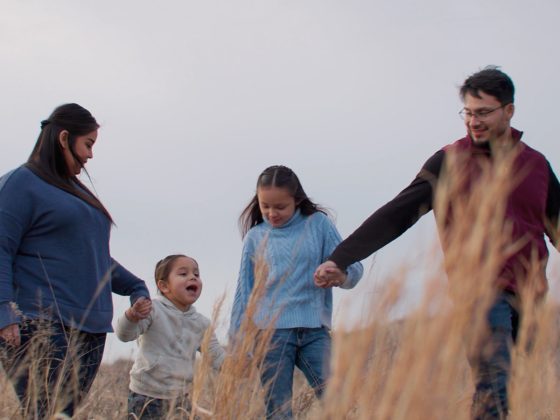
My Whole Healthy Life: Meet Wa.Sta.Tse
A video about the different ways a Native American child and her family stay healthy.
By Crystal Austin and Lisa Martin, Johns Hopkins Center for Indigenous Health
Meet Wa.Sta.Tse and her family! Within their Native American community, they do many things to care for and support each other in being healthy, relaxed, and centered. Staying healthy isn’t just about going to the doctor!
Share this video with children and watch as the Hammer family shares examples of the many ways adults help children take care of their physical, social, emotional and spiritual well-being. Aunties, uncles, and grandparents all play a special role in helping children grow!
Young people like Wa.Sta.Ste are important teachers, too. Wa.Sta.Tse stays healthy in body, mind, and heart by dancing pow-wow, getting regular checkups at the doctor, and resting at night—and she helps her little brother learn these routines too. She’s also teaching him words in their family’s native language, Osage. Besides learning Osage, Wa.Sta.Tse carries on the culture of her ancestors by learning beading from her grandmother.
After you watch, on your own, you might think about:
- Any new activities or habits you may want to introduce to help your child stay healthy in different ways (nature walks, preparing healthy foods, learning new things, regular doctor visits, and so on).
- Ways in which you might center and relax together as a family (stargazing, dancing, crafting, family meals, and so on).
- Ways you can set up opportunities for your child to teach a younger sibling or friend, like Wa.Sta.Tse teaches her younger brother to count in Osage.
Crystal Austin is of the Zuni Edgewater and Towering House clans of the Diné, the People. Crystal is the Associate Director of Johns Hopkins University’s Development and Alumni Relations team where she is the lead on efforts to support and advance the work of the Center for Indigenous Health. She is a nationally recognized trainer in early childhood home visiting curricula and practices in American Indian communities. Crystal’s work for the past 13 years has focused on providing program implementation support and training to tribal communities across the country as they worked to integrate home visiting and early childhood programs into their communities. She has a wealth of expertise in behavioral health programming in tribal communities and maternal and child health among Native American populations.
Lisa Martin (Ojibwe), an enrolled member of the Sault Ste. Marie Tribe of Chippewa Indians, is a Senior Research Associate at the Johns Hopkins Center for Indigenous Health at the Bloomberg School of Public Health. She earned a master’s degree in public health from the University of Arizona. She has over 20 years of experience working to support and promote wellness cultivated through the beauty and strengths inherent to Indigenous communities’ language, knowledge and traditions.
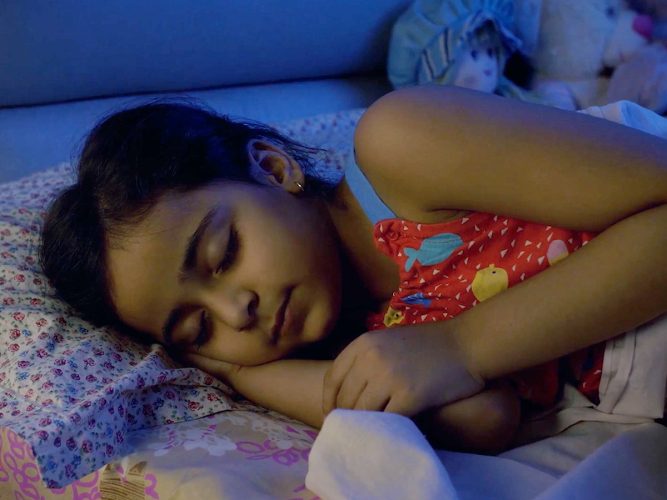
Ready for Rest
Watch children around the world wind-down before nap or bedtime.
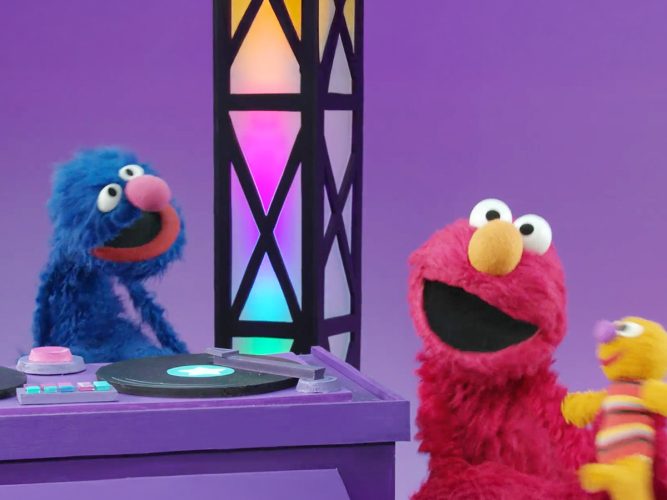
Elmo’s World: Dance Party
Watch and dance along with Elmo, Grover, and friends from around the world!
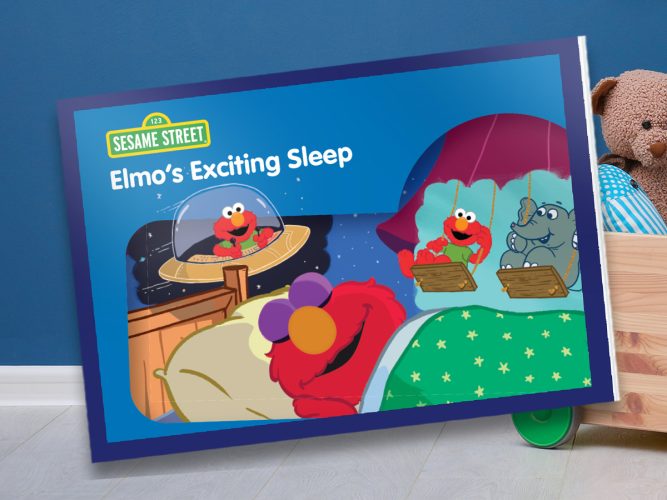
Elmo’s Exciting Sleep
A storybook about all of the amazing (and exciting!) things that happen when we sleep.
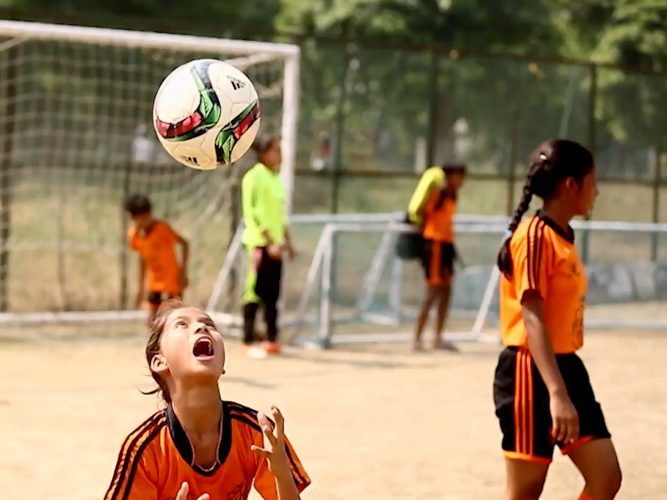
Let’s Move Together
Watch this video about the different ways we can move and groove... children and grown-ups alike!
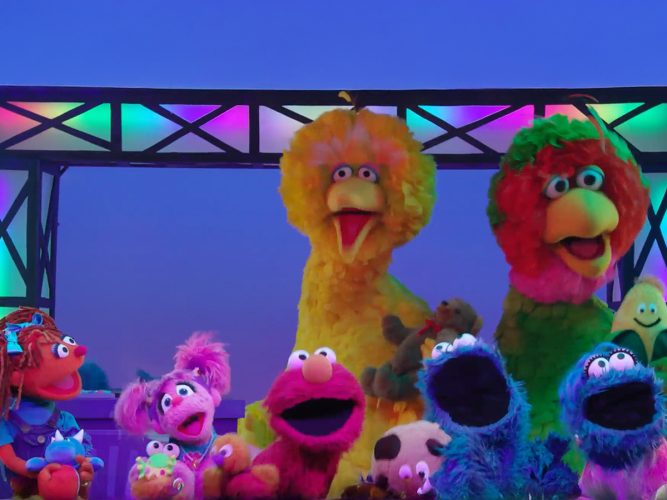
Dance Dance Dance!
Watch, dance, and sing along with your friends from Sesame Street!
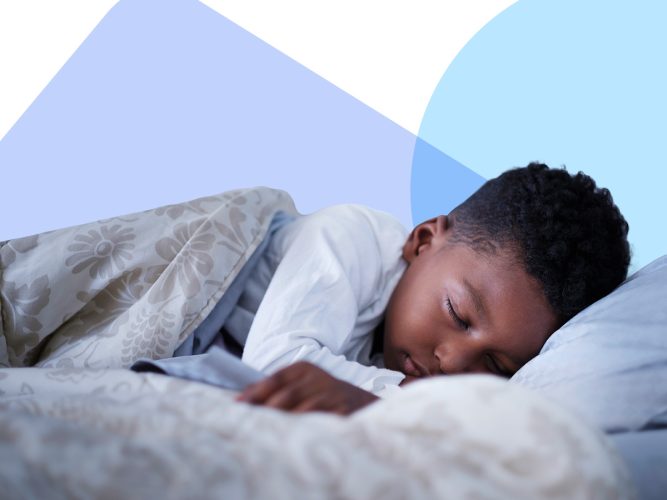
Rethinking Rest
Rest is about more than what happens when we close our eyes at night. Read and learn about the many kinds of rest.
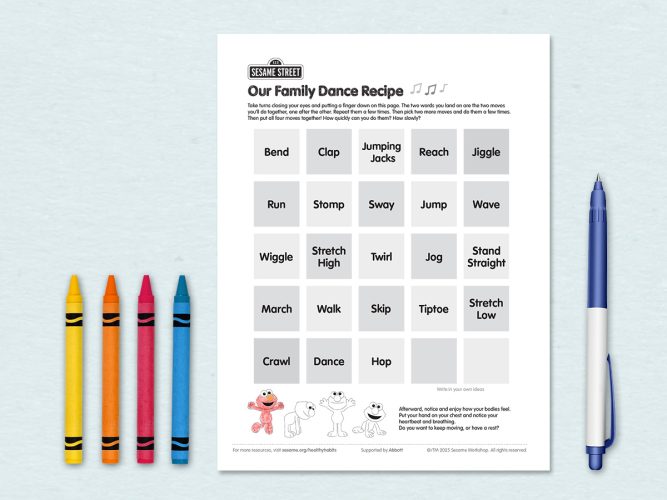
Our Family Dance Recipe
Find new ways to move together by creating your very own family dance!
